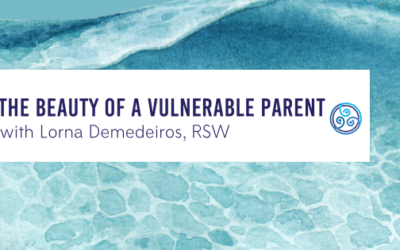*Myth#1: Trauma is an external event: Whereas we might think of trauma as an external event that happens to us, trauma is in fact what happens inside us. In other words, trauma is not an event, but an emotional experience that arises within a person. That is why an event can be absolutely traumatic for one person yet non-traumatic for another. When I work with my clients, instead of focusing solely on the external event, I am really curious about what my clients feel inside when they talk about that event, since what they hold inside is way more important than what has happened to them.
*Myth#2: Trauma is something that has happened in the past: In reality, trauma is alive inside us if we don’t heal it. Traumatized people often experience flashbacks, nightmares, and they sometimes feel out of control when they are triggered. That is why trauma is not just a past event, it is a present reality for traumatized clients. I have often had traumatized clients who talk about how they have done something that they can’t remember, or they have acted in ways that are deeply ashamed of. This is because when trauma is not healed, it lives and breathes in a person’s psyche day to day.
*Myth#3: Trauma is a life sentence: Sometimes the amount of pain that traumatized clients experience is so immense that they start to believe they are doomed to feel that pain for the rest of their lives. Yet my personal experience has shown me that trauma does not need to be a life sentence. Research has shown that trauma, when addressed and healed, can in fact lead to psychological growth. There is even a name for this phenomenon, called “post-traumatic growth”. This is not to say that the journey to healing is always easy, but to say that it is worthwhile.
*Myth#4: Trauma must be a “big” event like rape, accident, or a disaster: We have many different types of trauma. While it is true that some traumas are bigger events that occur rarely, many of us experience smaller events that can also be traumatic. Examples of these can include sudden job loss, divorce, being betrayed, or financial hardship. We can also experience trauma chronically over a long term, such as being abused or neglected as a child.
~ Roya



